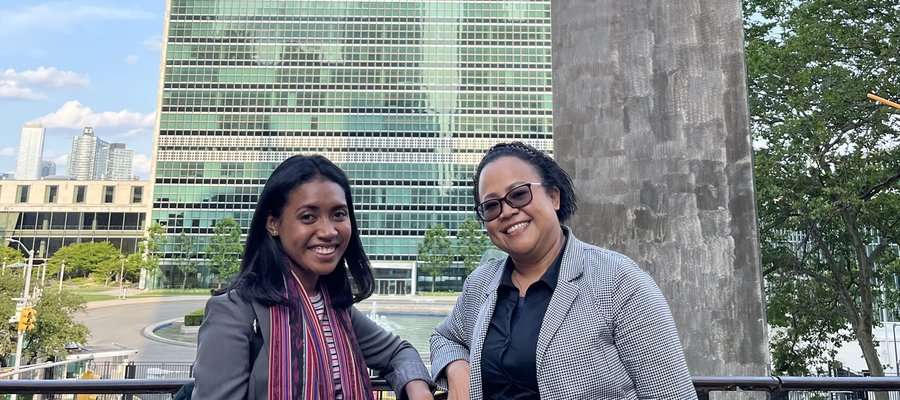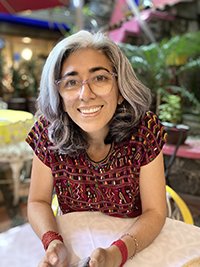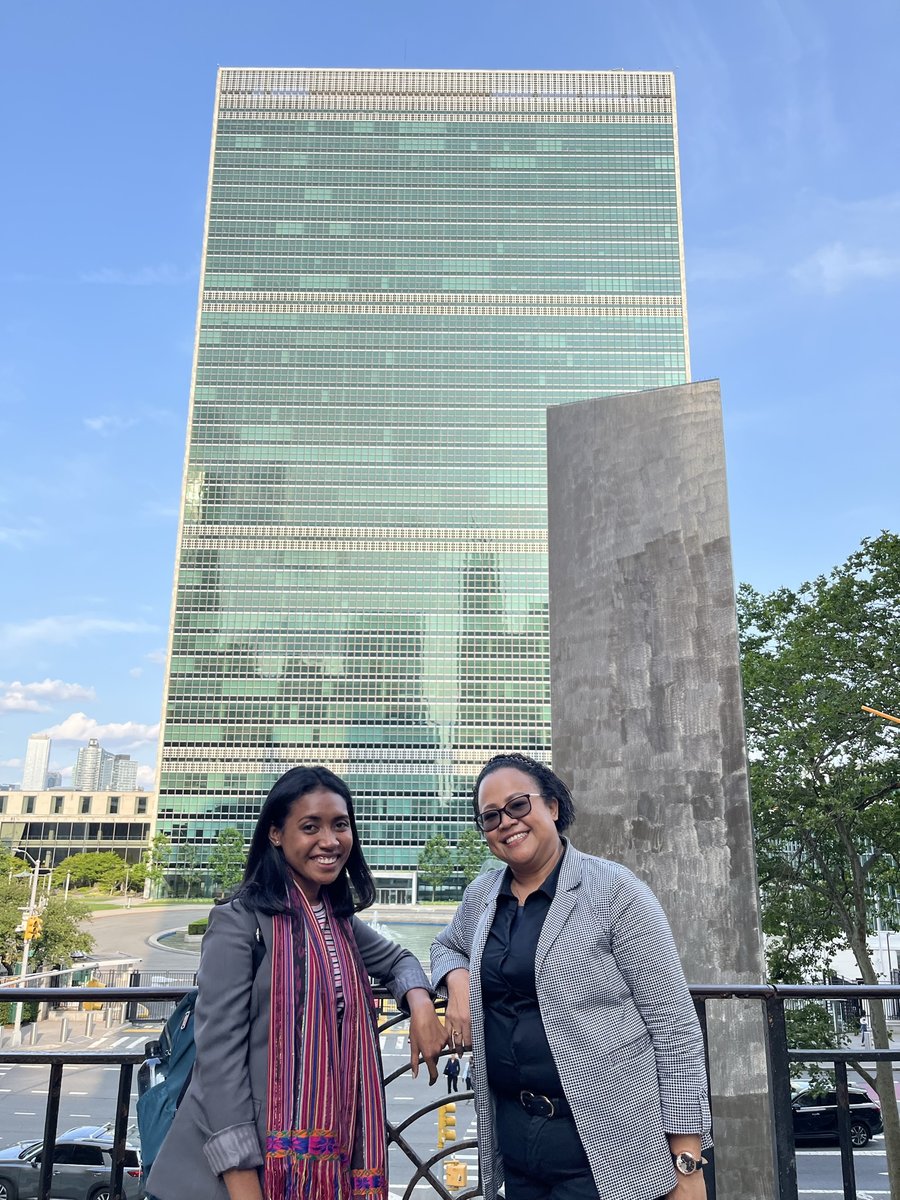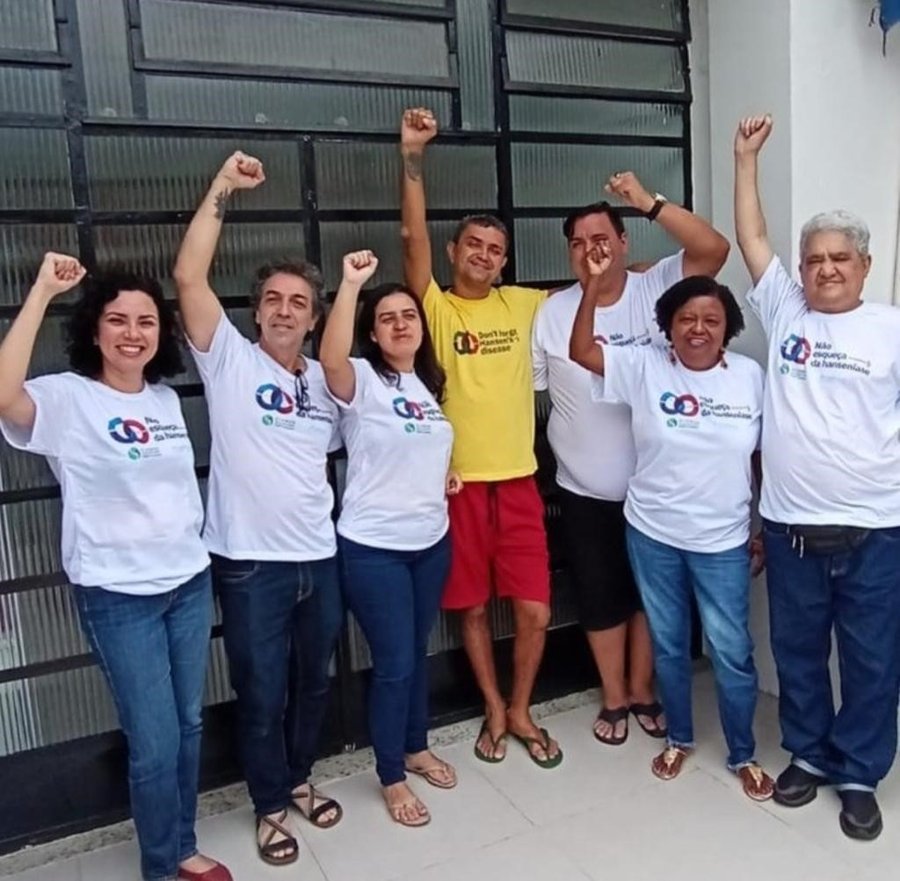5 of the biggest moments in 2023 in the fight to end leprosy

Leprosy is a disease that is over 4,000 years old, but the end is in sight. At The Leprosy Mission we believe that, with the right resources and commitment, we will be the generation to end leprosy.
As we move closer to the day when leprosy is a thing of the past, each passing year brings with it major milestones. Defeating leprosy means ending transmission as well as moving towards zero disability and zero discrimination. Below are some of the milestones within these three goals that gave us cause for celebration in 2023.
1. The United Nations renewed its commitment to the rights of persons affected by leprosy
In 2023, the United Nations renewed the mandate of the Special Rapporteur on the rights of persons affected by leprosy. This new three-year term means that persons affected by leprosy will continue to have a champion within the centre of the UN’s human rights infrastructure.
We have enormous gratitude for Alice Cruz, the first person to hold this position, who spent the maximum of two terms in this role between 2017 and 2023. Alice’s commitment to and close connection with persons affected by leprosy across the world throughout that time has established this mandate as impactful and necessary.
The new Special Rapporteur is Beatriz Miranda; we are thankful that Beatriz is now in this position and we are looking forward to supporting her efforts closely over the coming three years as we work to end leprosy discrimination together.

2. The first country to be certified as having interrupted leprosy transmission
In 2023, the World Health Organization published a new tool that will help countries to accurately determine whether they have interrupted leprosy transmission. This is a major milestone in the global effort to end leprosy which encourages countries to work towards the moment when they can receive official WHO certification.
The first country to undergo this process was the Maldives. In 2023, they used this new tool to certify that they had interrupted leprosy transmission. We hope that, in the years to come, we will have more and more countries who can celebrate this massive milestone.
3. A major moment for the next generation of OPL leaders
Organisations of Persons Affected by Leprosy (OPLs) are at the centre of the fight to end leprosy. Their intimate understanding of what it means to experience leprosy and the tight relationships they have within communities where leprosy is present makes them crucial partners for anyone who wants to end leprosy.
In 2023, a new generation of young leaders within these OPLs had a major milestone. Ana Ivonia, a 23 year old woman from Timor-Leste left her country for the first time to travel to New York so that she could speak at the United Nations’ annual disability rights conference.
Ivonia’s speech was raw and impassioned, causing policymakers and delegates at the conference to stop and listen to someone who has been burned by experience and wants to see change. We hope this milestone will be a springboard for a new generation of OPL leaders across the world who can move us towards a world without leprosy.

4. A tool to revolutionise our sector
A new tool was released in 2023. It is called the NTD Inclusion Scorecard (NISC) and it allows any organisation working on Neglected Tropical Diseases (NTDs) like leprosy to assess whether their work is truly inclusive of persons affected by NTDs.
This is a big moment for everyone in the NTD sector because our work will always be more effective if we are closely aligned with the people we are seeking to serve. To understand whether our efforts to end transmission, provide impactful disability care, or end discrimination are working, we need people affected by leprosy to have their voices embedded in all that we do. With the NISC, we can do that.
5. Reparations for persons affected by leprosy in Brazil
In decades past, the Brazilian government had a policy of removing children from people who were diagnosed with leprosy. This policy was hideous and based on enormous misconceptions about leprosy. There was no scientific need to enact this policy and it tore 16,000 children from their families needlessly between 1923 and 1986.
In 2023, President Lula of Brazil apologised for these crimes and asked for forgiveness. The government has agreed a package of reparations for families who were affected by this policy. This is a huge milestone in the efforts to right the wrongs of leprosy’s past. This success is thanks to the tireless campaigning of MORHAN, an organisation of persons affected by Hansen’s Disease (the name used for leprosy in Brazil).
